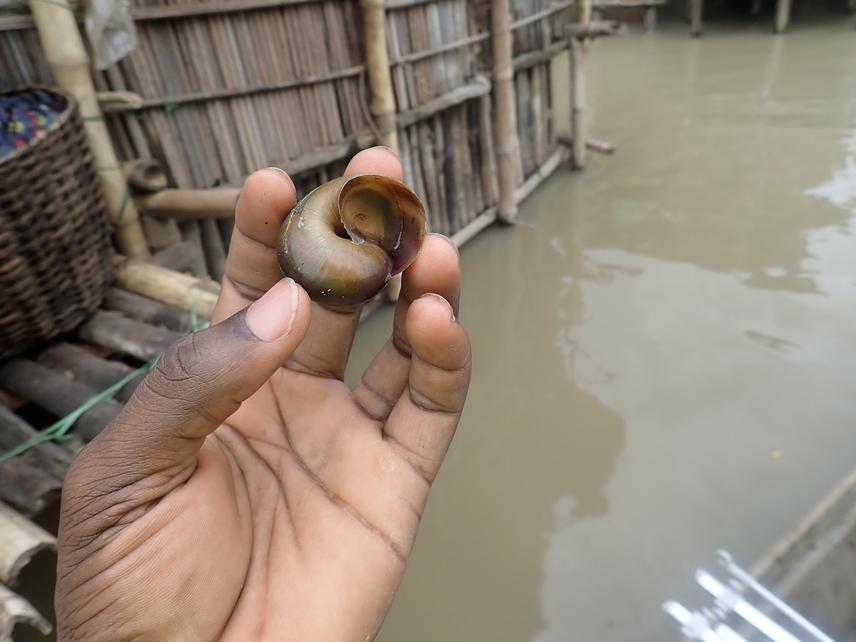Zinsou Cosme Koudenoukpo
Other projects
26 May 2020
Assessing and Addressing the Quality of the Pendjari River in Benin, Using Aquatic Macroinvertebrates, Monitoring and Environmental Education Programs
The Pendjari National Park is in the cotton basin of Benin. The park's location places it in a very troubling ecological situation, as it receives surface water runoff from most of the cultivated areas and is subject to the action of various chemical pollutants from the cotton culture. So far, no studies have focused on the conservation of the park's rivers, on which the survival of several species depends. Therefore, this project's priority is to set up a biomonitoring program for these rivers by studying aquatic macroinvertebrates. It will provide a first database of macroinvertebrate communities in the park's rivers for the development and implementation of sustainable development policies and integrated management of these aquatic ecosystems. This study aims for the first time to carry out biological monitoring of Pendjari, Magou and Yatama rivers in the park by studying their macrofauna to develop effective tools for management and biomonitoring of PNP rivers to contribute to sustainable conservation of PNP resources.

The specifics goals are to:
i) complete and finalize the checklist of macroinvertebrates from permanent and temporary rivers of PNP.
ii) identify through macroinvertebrates index, metric and statistical tools, disturbed sites.
iii) aware and sensitize local communities on conservation issue of rivers in PNP and finally
iv) carry out environmental education activities for students from local high schools.
Field study of the project is designed as a small-scale project (one year, January to December 2023). For data collection five missions will be carried out on all three rivers. One data sampling mission will be carried out on the Pendjari River. However, on the Magou and Yatama rivers, 4 missions will be carried out, two for each season (dry and wet). The results will allow to understand the threats and to engage in environmental education actions with the village committees. In the framework of this project, environmental education activities will be focused on three groups of actors: the women oyster fishermen; Farmers, especially cotton farmers; and finally, students.
All of these will directly induce a change in behaviour and reduce the various pressures on the park's three wild rivers and indirectly conserve the wildlife species that depend on these rivers for survival.